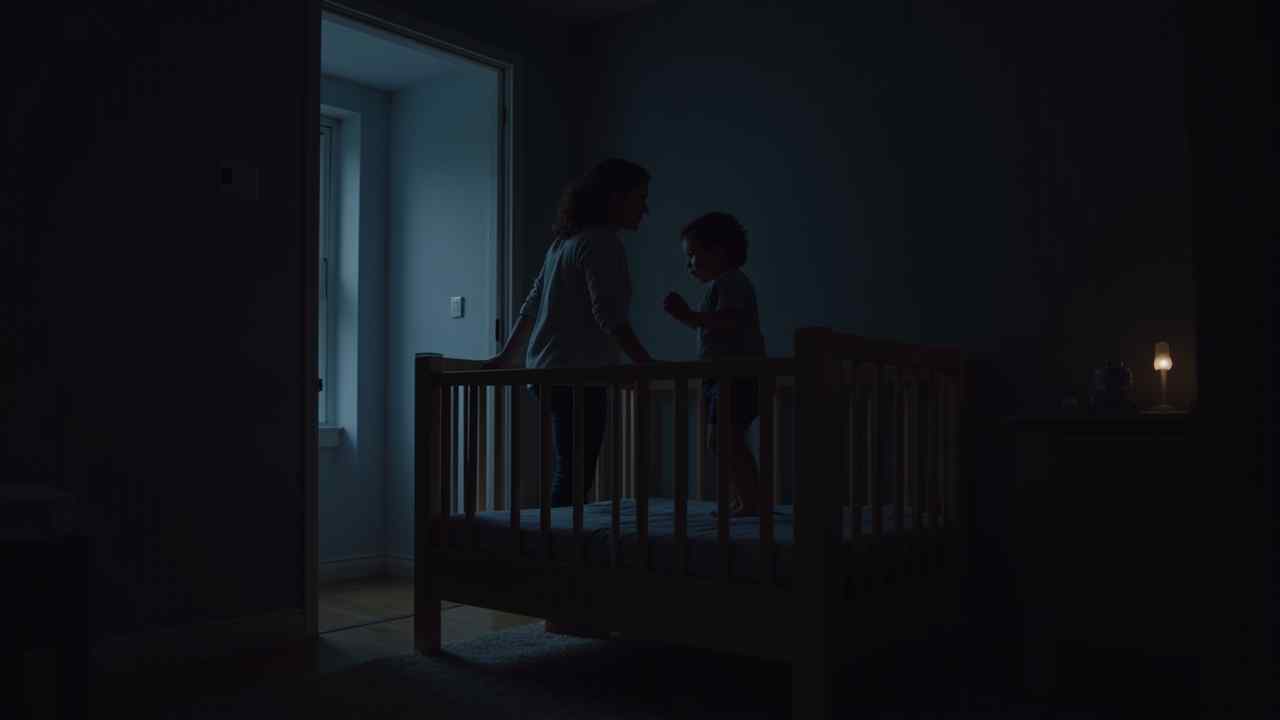
😴 Your 8-Month-Old's Sleep Schedule (and the 8-Month Regression!)
😴 A Guide to Your 8-Month-Old's Sleep Schedule (and the Regression!) 😴
Just when you think you have a handle on your baby's sleep, things can suddenly fall apart. If your 8-month-old is suddenly fighting naps, waking up all night, or protesting bedtime, you are not alone. You have likely hit the famous 8-month sleep regression.
This phase can be incredibly challenging for tired parents. The good news is that it is a completely normal part of your baby's development. It is a sign that they are learning amazing new skills. Most importantly, it is temporary.
This guide will explain what a typical 8 month sleep schedule looks like. We will also cover why this regression happens and how you can get through it. Let's navigate this bumpy but important stage together. ❤️
🤔 What Does a Typical 8-Month-Old's Sleep Schedule Look Like?
By 8 months, your baby's sleep is becoming more structured. They are now solidly on a 2-nap-a-day schedule. Understanding their sleep needs is the key to a happy baby. Here are the key numbers for this age.
- Total Sleep: About 12 to 15 hours in a 24-hour period.
- Nighttime Sleep: 10 to 12 hours.
- Daytime Sleep: 2 to 3 hours, split between two naps.
- Wake Windows: The amount of time your baby can comfortably stay awake is now longer. It is typically between 2.5 to 3.5 hours.
What is a good sample schedule?
Many parents at this age have success with the "2-3-4" schedule. This refers to the wake windows between sleeps. It is a great template for an 8 month sleep schedule. Here is an example:
- 7:00 AM: Wake up
- (2 hours of awake time)
- 9:00 AM - 10:30 AM: Nap 1
- (3 hours of awake time)
- 1:30 PM - 3:00 PM: Nap 2
- (4 hours of awake time)
- 7:00 PM: Bedtime
🤸 Why is Your 8-Month-Old's Sleep Suddenly a Mess?
The 8-month sleep regression is caused by huge developmental leaps. Your baby's brain and body are working overtime. This can make it very difficult for them to shut down and sleep. Here are the main reasons for the sudden disruption.
Are they learning new motor skills?
Yes! This is the biggest cause. Your 8-month-old is likely mastering crawling. They are also learning to pull themselves up to a standing position. Their crib is the perfect, safe place to practice these exciting new skills. This is often more interesting to them than sleeping.
Is separation anxiety peaking?
Separation anxiety is very strong at this age. Your baby now fully understands that you can leave the room. They may become upset when you are not there. This can lead to protesting at bedtime or crying for you during night wakings.
✅ How Can You and Your Baby Get Through This Phase?
The key to surviving this regression is consistency. You want to support your baby through this phase. You also want to avoid creating new long-term sleep habits. Here are some essential tips.
1. Stick to a Consistent Schedule: Follow the appropriate wake windows as much as possible. An overtired baby is much harder to get to sleep. A predictable schedule helps your baby feel secure.
2. Practice Skills During the Day: Give your baby lots of floor time. Let them crawl and pull up on furniture all day long. The more they practice during the day, the less they will need to practice at night.
3. Have a Solid Bedtime Routine: A calm routine (like a bath, a book, and a song) signals that sleep is coming. This is very comforting for a baby dealing with separation anxiety.
4. Be Reassuring but Brief: It is okay to go to your baby when they cry at night. Offer a quick, quiet comfort like a back rub. But try to keep the interaction brief and boring. This will help them learn to fall back asleep on their own.
This phase is tough, but it is also a sign of amazing progress. Be patient with your baby and yourself. You will both be sleeping more soundly again soon. 💤